Begin your journey with us with a free, no-obligation consultation. Book your complimentary appointment now!
Welcome to an era of confident smiles and seamless oral health. Our advanced dental implant solutions offer a transformative approach to restoring missing teeth, ensuring both aesthetics and function. Crafted with precision and backed by a track record of successful procedures, our dental implants provide a secure foundation for your smile journey.
Home / Dental Implants / About Dental Implants
A dental implant is a titanium screw that is screwed into the jaw bone in the area of a missing tooth. The jaw bone then grows into the surface of the titanium forming a very strong biological bond. The implant then acts like the root of a tooth which a porcelain tooth can then can be screwed into. The discomfort and embarrassment of dentures are now a thing of the past.
Dental implants are a reliable, long-term, fixed solution for missing teeth
Implants are fixed and do not need to be removed
Unlike dentures, they do not trap food and are not a cause of embarrassment
Unlike a bridge, the teeth on either side of the gap do not need to be prepared, avoiding complications such as root canal treatment and decay
Complete your smile and replace a broken or missing tooth with an aesthetic, natural-looking and feeling single dental implant.
Do you have multiple missing teeth? It is no longer necessary to fill these gaps with dentures or to cut down neighbouring teeth for a bridge. The team at the Sydney Implant Institute can restore your smile and function with dental implants.
Often we see patients where it is not possible or practical to save any remaining teeth. In these cases, we can restore your function and aesthetics with whole mouth dental implants. This will allow you to smile again in photos and enjoy the foods you have been missing out upon.
All On 4 is the most common way to replace an entire arch of missing teeth but individual implant bridges can be combined to support a full set of porcelain teeth that will look and function as closely to natural teeth as possible.
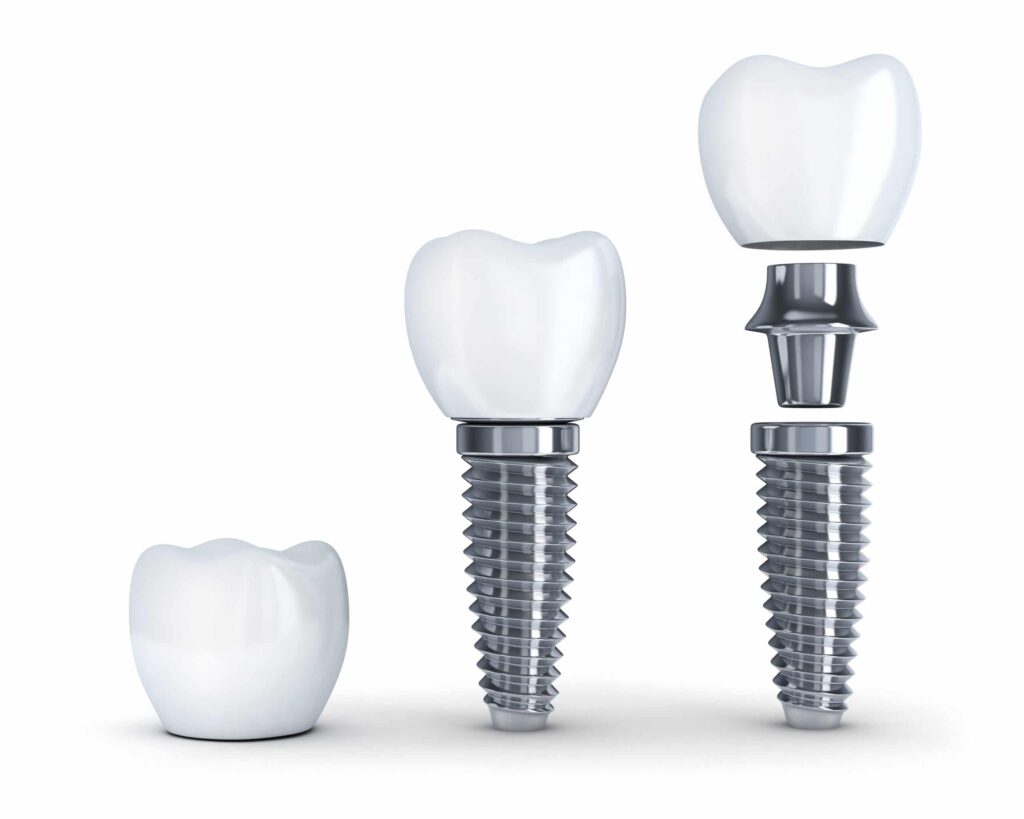
At The Sydney Implant Institute we only use implants manufactured by the world’s leading implant companies. Nobel Biocare is the largest, oldest and most researched dental implant company in the world. Founded by the inventor of dental implants this Swedish company can be relied upon to produce consistent quality and cutting edge technology. We also utilise Straumann Implants. These are made in Switzerland and are renowned as the most prestigious and expensive implants on the market. The company prides itself upon leading research and innovation in order to provide patients with the most predictable results.
(Pictures from Straumann)
Many patients would prefer not to have a metal implant placed in their bodies. While there is absolutely no evidence against using titanium implants, implant companies have recognised the desire in the market and now manufacture zirconia based implants.
The jaw bone grows into the ceramic implant much the same way as it does into a normal titanium implant.
The Straumann “One” implant is the leader in this technology and thus the only ceramic implant we use at The Sydney Implant Institute.
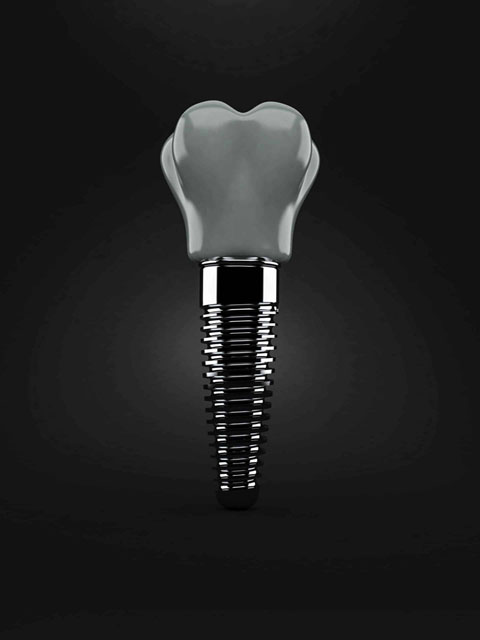
Dental implants can be used to replace one, multiple or a full arch of missing teeth. Professor Brannemark, the inventor of dental implants, found over 50 years ago (by accident) that when titanium screws were left behind in rabbits, the titanium formed an oxide layer that enabled the bone cells to grow into. When a titanium implant is placed into the jaw bone the same thing happens and a strong, reliable biological union is formed. This then allows us to place a tooth of any shape and colour onto the implant, a tooth that doesn’t decay or hurt!
We do dental implants all day, every day. We offer a non-threatening, non-judgemental environment where our specialised team will make the process of having a dental implant as clear, easy and comfortable as possible.
At the Sydney Implant Institute, we make sure we are up to date on all the latest cutting edge procedures that make implants more available, accessible and possible than they were in years gone by.
If you have been told you can’t have dental implants, improvements in technology and techniques may mean that you no longer have to tolerate those gaps or dentures.
We have placed implants in patients as young as 18 and as old as 91. Most patients are fit and healthy enough to tolerate dental implant surgery, however we always perform thorough medical screening to ensure that this is the case.
Having a tooth extracted is usually more invasive and uncomfortable than having an implant placed.
Before you decide upon having one or more dental implants it is important to come and see us for a complimentary consultation where we can assess your suitability.

Depending on your individual circumstances, bone and gum grafting may be required before your implants can be put in. Our expert team can assess your circumstances and come up with a suitable treatment plan.

REDUCE HEALING TIMES BY 50%
Healing times for dental implant surgery can now be reduced by up to 50% using Advanced Platelet Rich Fibrin (APRF), one of the latest innovations in dentistry.
This ground-breaking technique uses the patient’s own blood platelets to increase collagen production and cell mitosis. This enhances healing and promotes soft tissue repair with reduced inflammation. It also provides greater bone regeneration around implants.
A bacterial inflammation of the gum and jaw bone around the implant, known as peri-implantitis, is one of the rare complications that can occur after implant treatment. The good news is that by maintaining good oral hygiene, you can generally prevent it yourself, as peri-implantitis is usually the result of poor dental care. When plaque around the implant isn’t removed regularly, bacteria can enter the jaw bone through the gums and cause an inflammation. In patients affected by peri-implantitis, the jaw bone is attacked by bacteria, too, and consequently retracts. In the worse case scenario, this can lead to the implant being removed. Providing good preventive care is, therefore, the best thing you can do to take care of your implant.
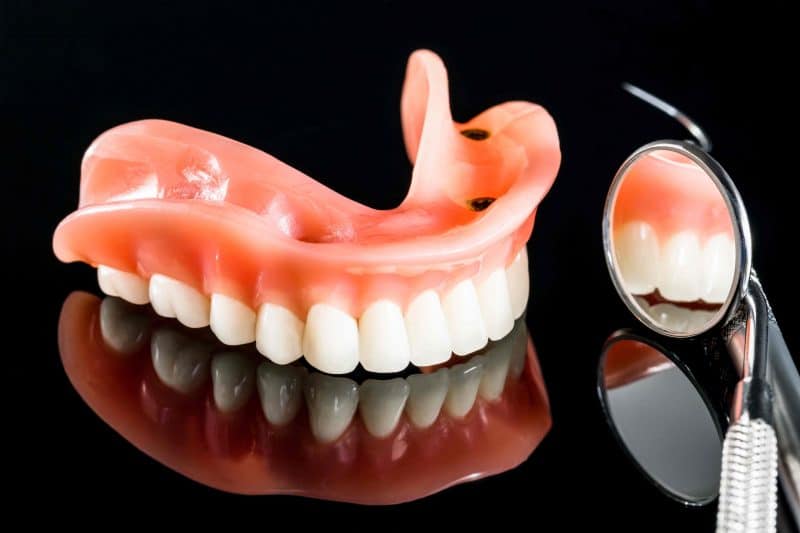
Taking good care of your teeth is a bit like doing sports: If you keep at it, it doesn’t take long before you see results. And, as of today, the effort is really worth it for you, because your new implants will make a major contribution to your quality of life.
In the first few days after your implant treatment, using a mouth rinse is definitely the number one choice for your dental care. At this point, you need to protect the sensitive wound, so don’t use your toothbrush! Right after the implant procedure, wait 3 to 4 hours for any bleeding to stop, but then rinse your mouth for around a minute up to 3 times a day or as advised by your dentist. They might also recommend use of an oral rinse that contains chlorhexidine digluconate.
Normally, on the fourth day after your surgery, you should be able to go back to regularly and thoroughly brushing your teeth. Using your electric toothbrush at this point should be fine, but if you’re unsure, use an extra soft toothbrush for your implants in the first few weeks.
Bacteria make themselves at home in the spaces between your teeth, but, with good, regular care, it’s easy to keep them under control. Your dentist or dental hygienist will be happy to show you how to use dental floss and interdental brushes, and then all it takes is a little practice. You can get started approximately 4 weeks after your implant treatment.
Slide the handle across to see our extraordinary results.
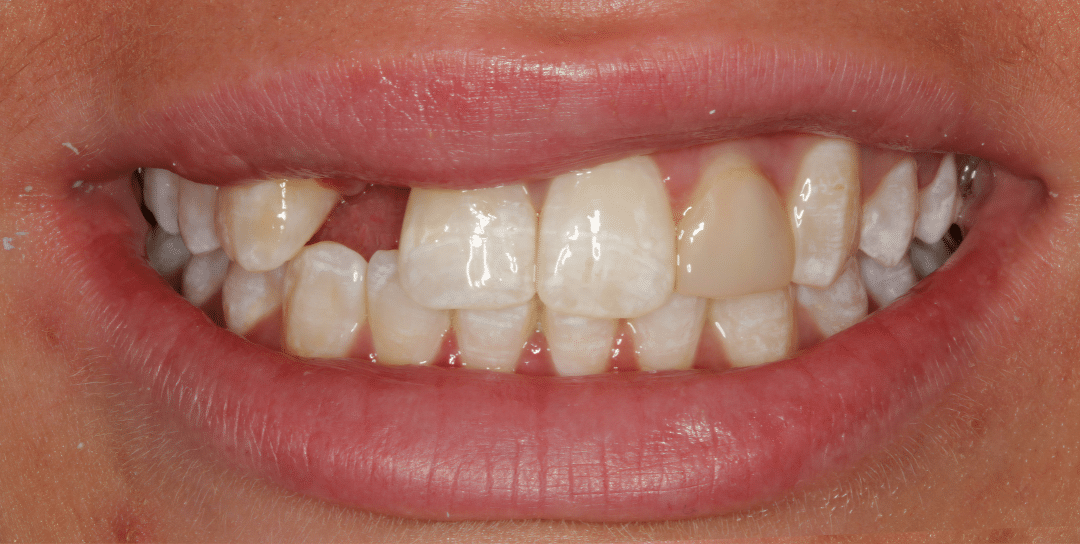
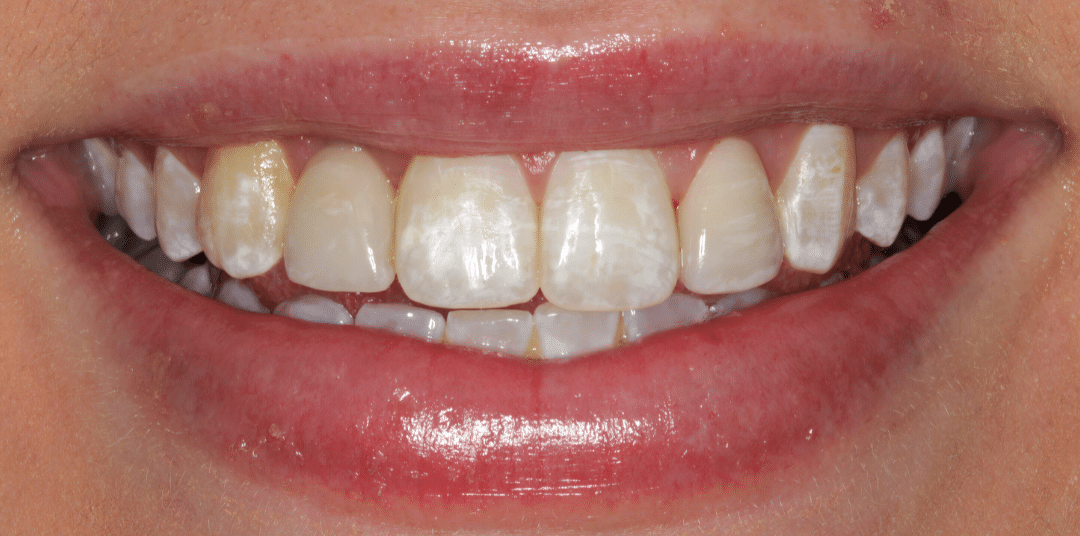
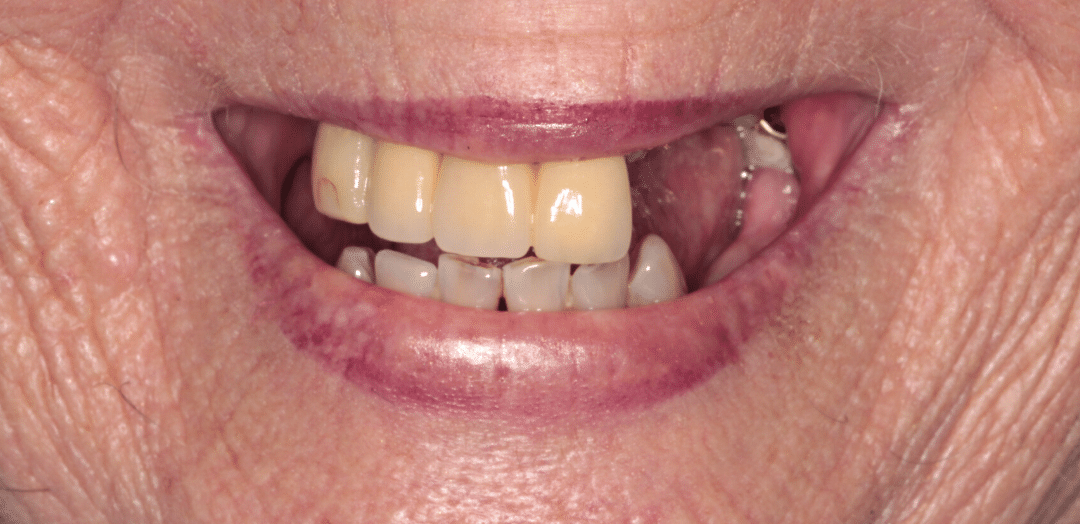
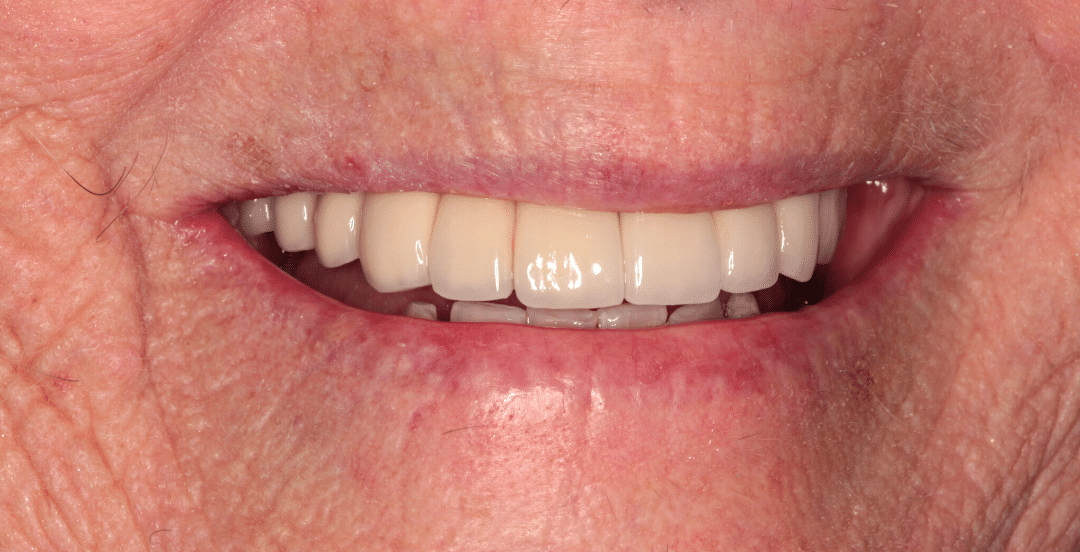
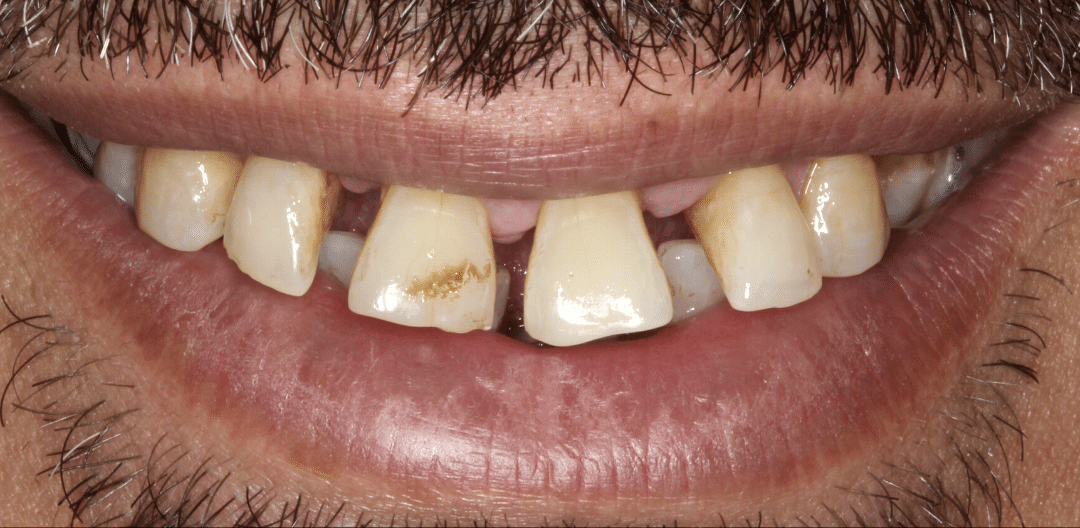
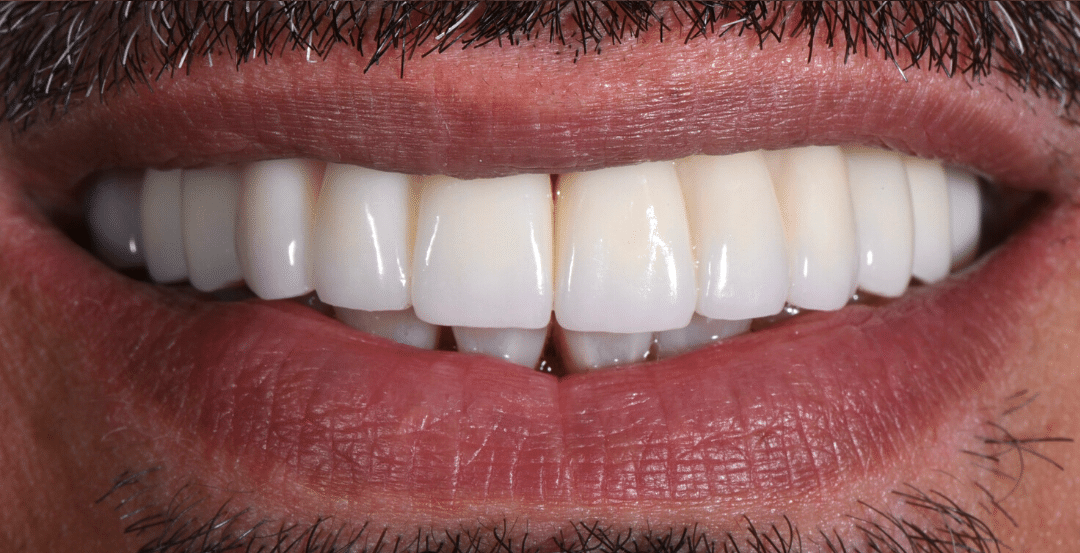
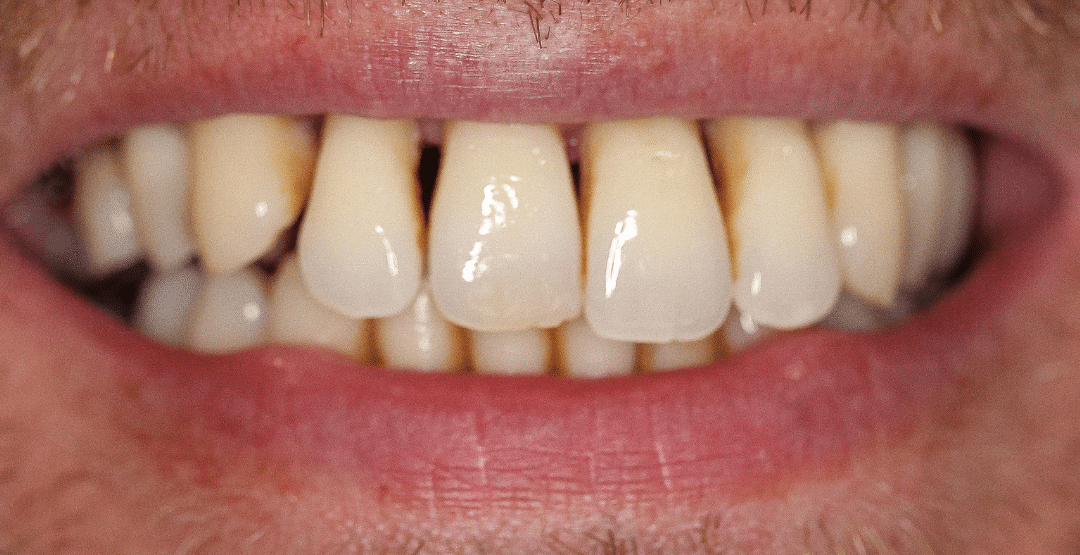
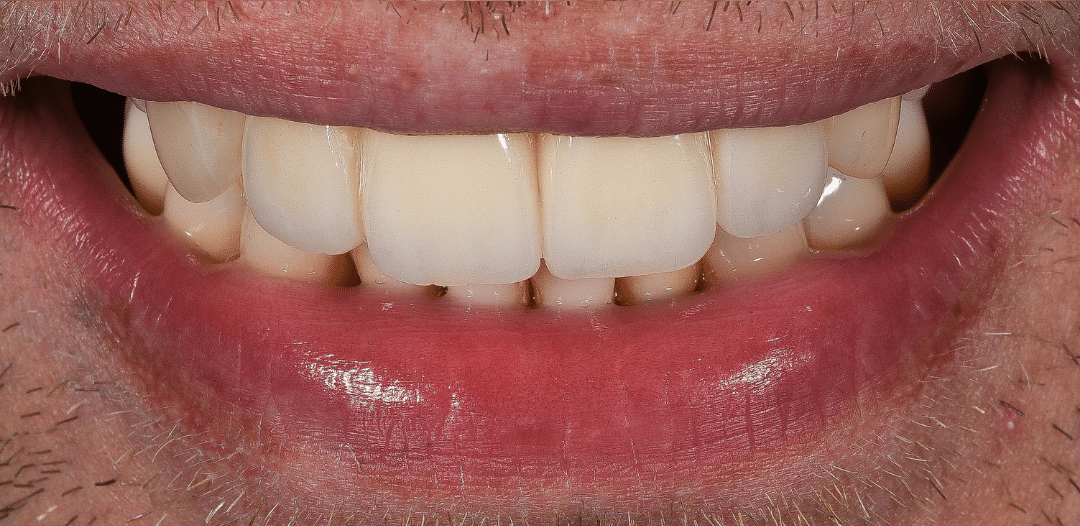



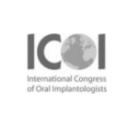
Sydney Implant Institute
Level 4-5, 149 Macquarie Street,
Sydney, NSW 2000